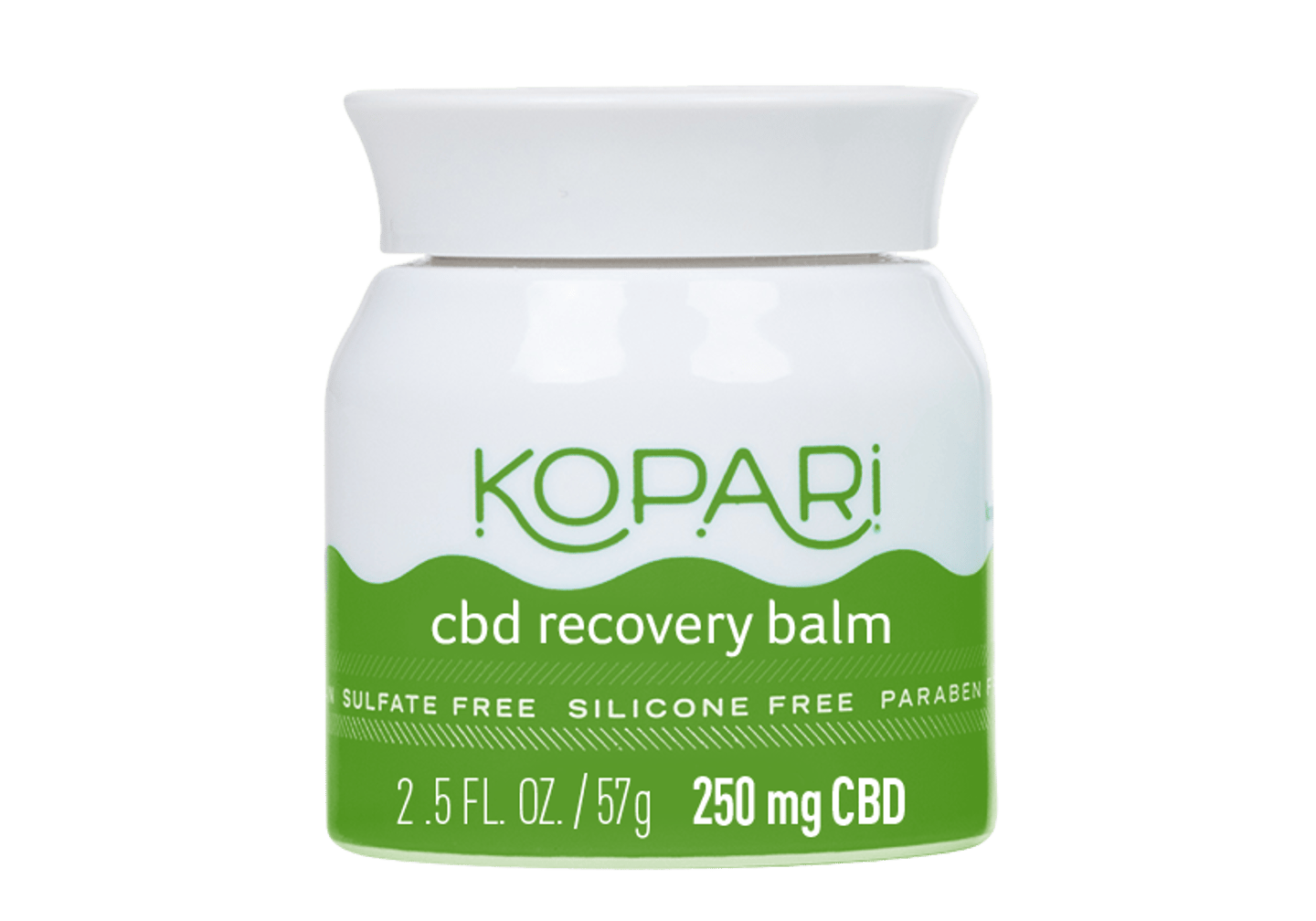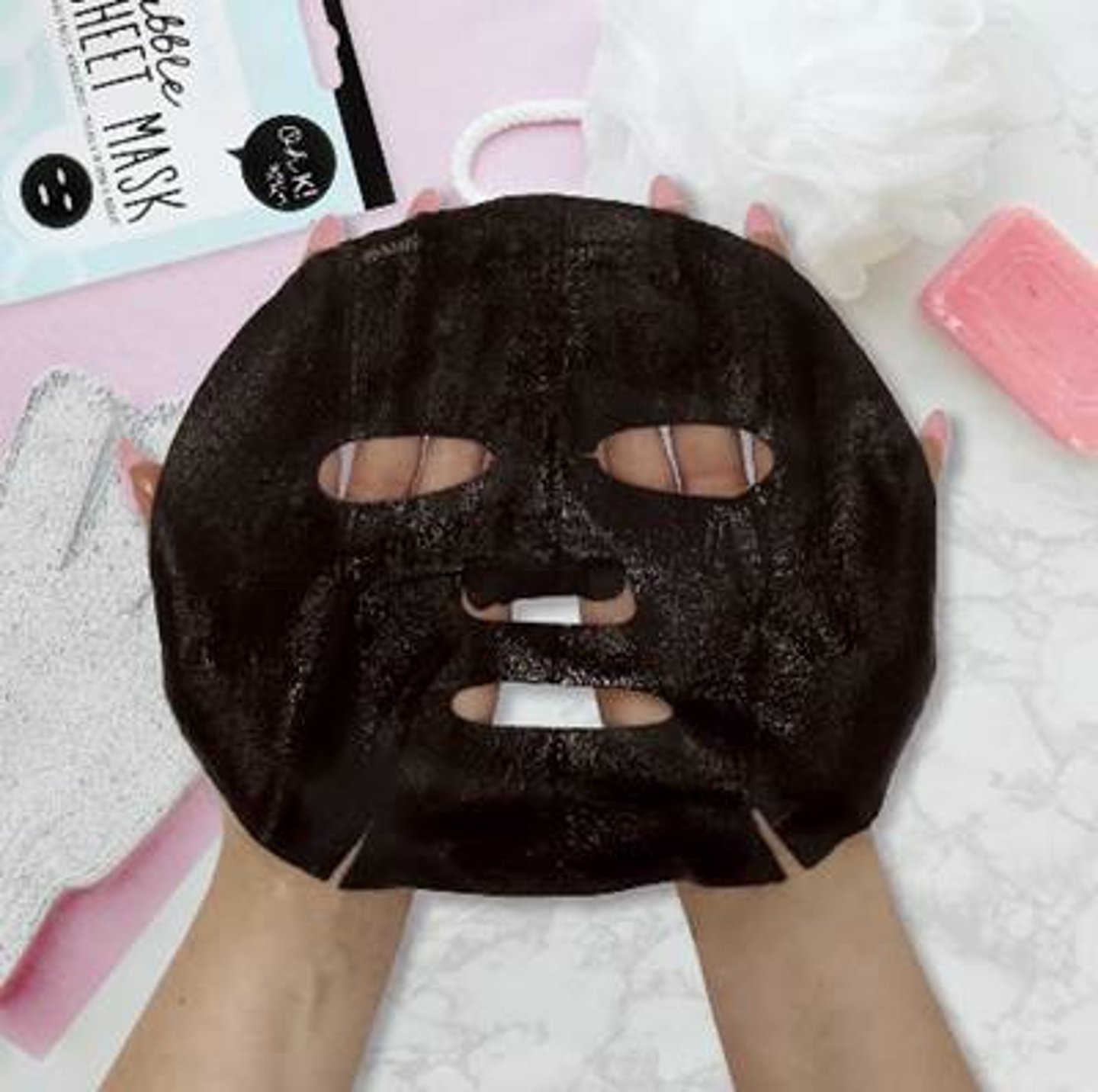Going K-razy: Korean beauty’s influence on mass
A decade or so ago, no one would have thought that Korean Beauty would be having as much of an impact on the domestic beauty category as it has.
Yet, products either made in or inspired by South Korean manufacturing have made a major imprint on the U.S. beauty industry and, more importantly, have made a huge impact with consumers always on the lookout for something new to help with their beauty regimen. And, while the skin care category has made the biggest impact, many industry officials said that makeup is starting to gain a larger role.
In fact, many of these industry gurus said that a number of the biggest sales drivers in mass beauty today are rooted in K-beauty. Notably, the movement to natural and clean brands has been accelerated by Korean manufacturing, where pure ingredients are essential in formulas.
The self-care revolution — which sparked sales of facial masks, bath products and at-home spa devices — also can be partially attributed to Korean influence. Multistep skin care has taken the industry by storm, and while many U.S. consumers do not follow K-beauty 10-step regimens, they have added more rituals to their daily grooming, resulting in multiple product sales.
K-beauty also ushered in an era of clever packaging and unique ingredients — including snail mucin — that are perfect for social media. For mass merchants, offering socially savvy product selections is an avenue to attract a younger shopping base that once perceived drug stores or discount stores as their mother’s shopping destination. The good news, said Alicia Yoon, founder and CEO of Peach & Lily, a leading source of K-beauty brands, is that the whimsical products have been the gateway to Korean-made lines — shoppers now are ready to progress to more serious products selling at higher prices.
Following upon K-beauty’s path also has been interest in products from Japan, dubbed J-beauty, as well as products made with ingredients used in formulas crafted in India.
Sales of K-beauty products exceeded more than $500 million in the United States last year, according to industry data. That’s double the amount from three years ago, and the upward trajectory is expected to continue thanks to a pipeline of innovation.
Yoon, one of the pioneers of bringing the K-beauty concept to the United States with her Peach & Lily brand — along with a sister collection called Peach Slices sold in Target and CVS Pharmacy — explained why people have flocked to the products born in Korea.
“Children are taught to take care of their skin from a very young age, it is in the culture. That’s why Korea is known for beautiful skin. Also, there are more than 10,000 manufacturers who constantly look for the newest technology,” Yoon said. “People in Korea are incredibly knowledgeable and demanding about skin care. They are vocal and they push the labs to innovate.” When she started, no one was doing Korean beauty in America. “I’m so happy to see how far we have come.”
Brands that have emerged from South Korea are filling retailers’ shelves, but concepts borrowed from K-beauty also have filtered into mainstream U.S. heritage companies. A few examples include cushion compacts from L’Oréal in its Paris True Match Lumi Cushion Foundation and Wet ‘n’ Wild MegaCushion Foundation. Southeast Asian “glass skin,” a translucent glow, is garnering buzz on social media and is a resulting look touted by Korean and U.S. brands alike going into 2020.
Putting numbers behind sales trends
Research from The Benchmarking Co. explained why K-beauty continues to flourish.
A study of 5,000 U.S. consumers delved into how the concept is perceived. About 50% of respondents said they are familiar with K-beauty, an impressive number, but one that suggests that there is still growth potential. Shoppers said they perceive K-beauty as innovative, with 62% noting the products are unique, 61% pointing out the use of unusual ingredients, 55% saying that K-beauty is a blend of science and nature, and 41% acknowledging clever application methods. The top known brands include Dr. Jart, Skinfood, Laneige, TonyMoly and Amorepacific.
When asked to describe K-beauty, those polled used such terms as antiaging, multi-benefit, trendy, affordable, multistep and beautiful.
Social media is where consumers hear about K-beauty, with YouTube leading the way with a 20% response rate. Reviews on social media are crucial, with 98% saying that helps drive purchase decisions.
The Benchmarking research identified masks as the No. 1 current favorite K-beauty item (47%). That was followed by face masks in a jar or tube at 27%, brightening treatment at 25%, mists/essences and face moisturizer at 23%, and serums also at 23% of the “must have” forms. Yet, here are where opportunities are highlighted: 86% have not, but want to use devices, 83% have neck/décolleté cream on their radar, 74% are interested in sunscreen, 71% want to try face oil, 70% want to add acne treatments, and 66% have pore treatments on their wish list.
One obstacle hamstringing people from buying K-beauty, according to the research, is not knowing where to find the products. That is something retailers continue to address as they expand offerings. Right now, Amazon has control of sales at 54%, followed by Sephora, Ulta Beauty and K-beauty curated sites.
Getting those consumers could be key because the study reported that 30% of respondents use two or more products daily and 25% use three or more.
There are mass marketers doing their share to show shoppers they are in the business. CVS Pharmacy has one of the largest assortments in the industry. Many of its stores have full mini departments within the beauty area stocked with a wealth of K-beauty brands. Others have in-line presentations with signage. With skin care hitting on all cylinders, CVS Pharmacy has broadened into cosmetics based on Korean ingredients and grooming processes. The brands include Joah, The Crème Shop and Peripera.
Joah, which means “I like it,” was created by Kiss, a Korean-American brand, for CVS Pharmacy. “Skin care brands built awareness of Korean rituals, and several Joah products blur the line between makeup and skin care,” said Annette DeVita-Goldstein, senior vice president of global marketing at Kiss.
Joah is a full line consisting of 158 SKUs, with prices ranging from $2.99 for cosmetics wipes to $15.99 for such products as a cream contour palette.
Walgreens has a large sheet mask collection with U.S. brands like Burt’s Bees, Freeman and Yes To, but also K-beauty leaders like The Crème Shop (online) and Oh K!
Ulta Beauty is a trailblazer in the category, too, with products from Peach & Lily, TonyMoly, Cosrx, Mamonde and Too Cool for School.
Korean-inspired beauty is well thought out at Target. The chain has a dedicated area that is anchored by The Masque Bar, a U.S. brand tapping the best of Korean technology. Additionally, Target has added Oh K!, AHC Aqualuronic from K-beauty expert Aesthetic Hydration Cosmetics, and A’pieu, a Korean export growing in the United States.
Not to be left out, Walmart has an impressive roster of K-beauty, including A’pieu, Missha and the Face Shop, among others offered either in stores or online.
At a time when makeup sales continue to be challenged, K-beauty-inspired skin care is offering a shot in the arm.
What’s next?
While some thought K-beauty would be a flash in the pan, the thinking now is that the industry is just beginning to hit its potential. Yoon said there is no letup in innovation in the pipeline. “More is being done to take clean and nontoxic formulas to the next level. Devices are an emerging segment,” she said, using an example of a microcurrent sheet mask she’s testing. “We’re also seeing interesting formats that mimic microneedles,” she said, adding she travels to Korea frequently to get product updates.
Victoria Van Zant, associate trade marketing manager at Vivona Brands, credits the new age of wellbeauty as part of the success behind K-beauty and its Oh K! range, sold at such retailers as Walgreens, Ulta Beauty, CVS Pharmacy, Boots, Kroger and Shoppers Drug Mart. “With our masks and skin care born from and rooted in K-beauty philosophies and innovation, we move our eye across the globe in our quest for the most efficacious products that deliver on the best wellbeauty experiences,” she said of where the company will continue to find innovations. The company’s best sellers include Oh K! Peeling Foot Mask, Oh K! Bubble Sheet Mask, Oh K! Ginseng & Eucalyptus Under Eye Mask, Oh K! Watermelon Sheet Mask and Oh K! Avocado Sheet Mask.
Several brands — those from Korea or those that have tapped into Korean expertise — have revealed products to keep the momentum building.
Under the direction of industry veteran Bill George, Freeman Beauty has ventured to Korea to debut the next wave of facial patches. Rolling out first-to-market at Walmart are Micro-Darts Pro, patches with high-performance melt-in darts, featuring hyaluronic acid and peptides.
The “darts” help penetrate skin to help smooth the appearance of fine lines. There are patches for different needs and parts of the face.
Allan Lever, owner and founder of Hollywood Alliance, which produces masks under several collections, has a bevy of new products. They include natural sheet masks made with actual coconut fiber, new honey masks and accu pressure face massage masks. “Honey is a big trend as an ingredient in Korea now,” he said.
While not from Korea, Kopari has built a devoted fan base with its products, starring coconut, from The Philippines that is stocked at Ulta Beauty. While the brand’s origins lie in traditional beauty, it has begun experimenting with things on the fringes of the category like Coconut Deodorant, $14, and Coconut Charcoal Toothpaste, $12. It has attracted such famous investors as Ashton Kutcher, Mila Kunis, Hilary Duff and Shay Mitchell.
Kicking off in 2020, Kopari will make its first detour from tapping coconut as its only hero ingredient. Basically, the brand learned that coconut’s high concentration of fatty acids serves as a binding agent and delivery system for CBD, meaning it is easier for the CBD to absorb into skin, and Kopari saw an opportunity to combine the ingredients. The result is a natural, vegan and hemp-derived CBD-infused collection, using full-spectrum CBD powder and 100% CBD powder and 100% organic coconut.
K-beauty has been a wedge for more indie brands to get precious shelf space at mass doors. Yet major brands are taking aim, too. Beiersdorf recently took a “significant stake” in Lycl, a rapidly growing Korean beauty and tech start-up that a review and content platform for K-beauty products, an influencer platform and the unpa.Cosmetics brand. The investment also reinforces Beiersdorf’s presence in South Korea and, more broadly, in Asia.
Dessi Temperley, CFO of Beiersdorf, said in a statement, “We see great potential in Lycl’s disruptive business model and its high degree of digital consumer connection.” Through its beauty platforms, Lycl has access to more than 1.2 million consumers.






